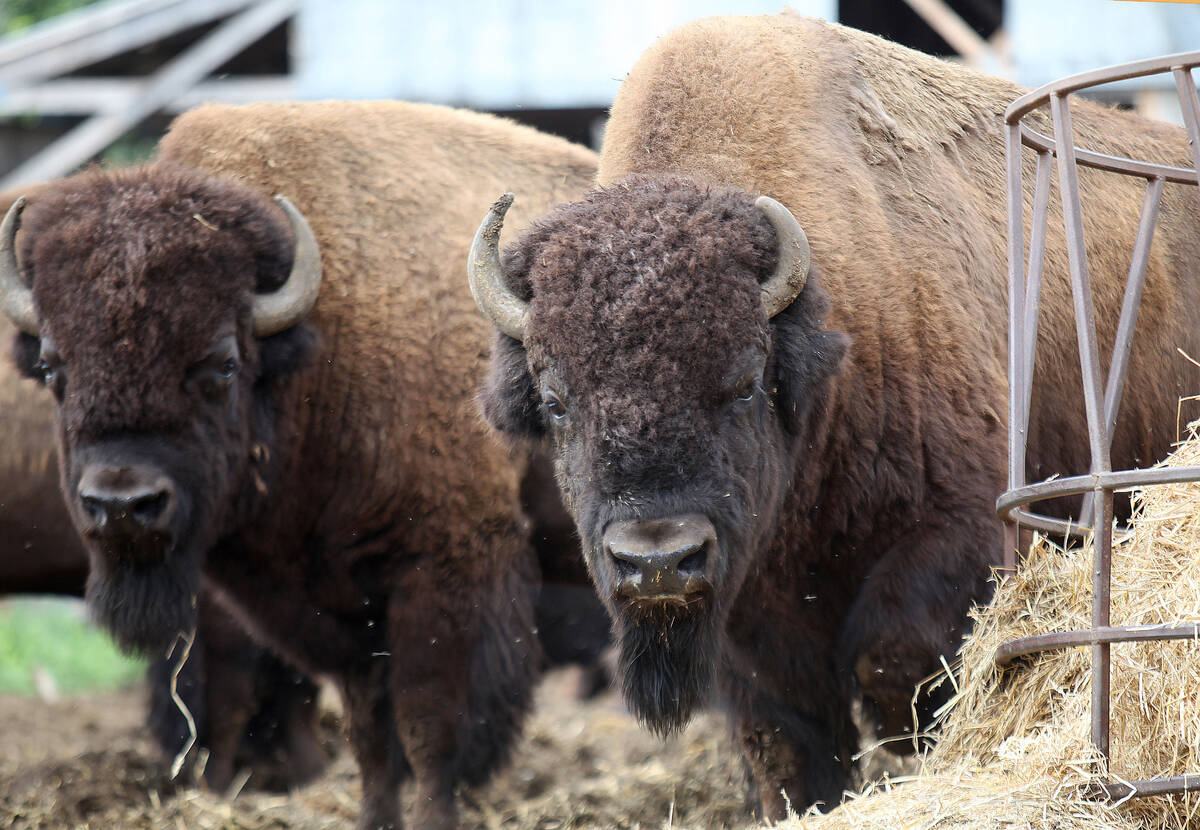A research project from Agriculture Financial Services Corporation shows that soil organic matter may be the most important factor for managing crop-insurance-related production risks.
The province-wide study was conducted by Serecon Consulting and used field-level soil organic matter mapping from the Food Water Wellness Foundation.
While the intent of the study was to better understand crop insurance pricing premium levels at the individual farm level, there are larger implications.
The study results found a relationship in 2021 between higher yields and lower crop insurance payouts in fields with above average soil organic matter.
Read Also

Reconciliation and farming require co-operation to move ahead
Indigenous communities in North America were cultivating crops such as potatoes and corn long before anyone from Europe had heard of the crops.
Of particular note, in risk area 11, which stretches from Ponoka toward Edmonton, 2021 canola fields with above-average soil organic carbon yielded 8.2 bushels per acre more than below-average soil organic matter fields. As well, lower-than-average soil organic carbon fields cost $56.20 per acre more in crop insurance indemnities.
Although the study includes only one year of data from 2021, it is the first of its kind to be conducted province wide where common production practices were isolated for analysis.
The study also analyzed diverse crop rotations, reduced tillage, early seeding, drought resistant and early maturing varieties, and grain drying.
Soil organic matter proved to be the most justifiable factor for inclusion into AFSC’s risk premium pricing model.
Stuart Chutter, AFSC’s innovation department project co-ordinator, said they learned quickly how important organic matter is for reducing production risk.
“The goal of this project was to better understand individual production practices and its effect on production risks and ultimately on indemnities. The next step is to develop the methodology for how to potentially include them in individual pricing in the future.”
Meanwhile between 2000-21, 57 percent of indemnity payments were due to drought conditions.
At the same time, a study by the U.S. Department of Agriculture has shown that for every one percent increase in organic matter soil, water-holding capacity increases by 25,000 gallons per acre.
Crop insurance doesn’t acknowledge current on-farm production practices in pricing models and instead relies on long-term historical data. However, AFSC is paying close attention to the results of this project as it considers a more efficient pricing model.
There is no proposal to implement immediate changes but AFSC is determining next steps.
Chutter said good information can lead to good policy development.
“What we’re really interested in is learning how we could price crop insurance more individually to the producer based on their current individual risk level. The more efficient we are with individual real-time risk pricing, the better producers can use these tools to manage their businesses.”
That means as risk is better understood, soil organic matter could be used as a financial metric in crop insurance pricing.
“If you’re a good soil producer you might be overpaying for risk, but if you’re a bad soil producer you might be underpaying for your premium,” Chutter said.
Nobody wants government intervention pushed upon their farm, but innovation must happen. The truth is farmers rarely talk about the importance of organic matter.
Perhaps levering research and investment from educational institutions and policy think-tanks is worthwhile because research projects like this are often comprehensive and expensive.
Soil management is about the long game. What the industry decides to do with this information is the question at hand.
Katelyn Duncan is a farm management consultant and professional agrologist based out of Regina. To contact her please email katelyn.duncan@backswath.com.

















